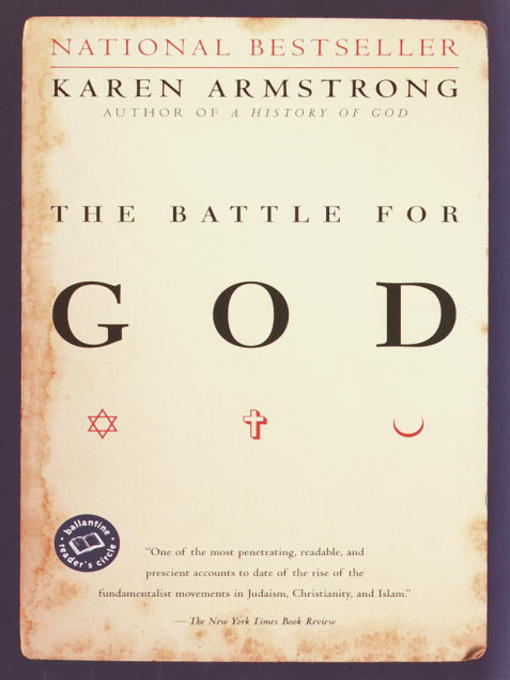- Disponibles maintenant
- Nouveautés - Livres numériques
- Plus populaires
- Essayez quelque chose de différent
- Tout voir
- Nouveautés - Livres audio
- Des narrateurs extraordinaires : livres audio
- Plus populaires
- Lu par l'auteur
- Disponibles maintenant
- Lu par une célébrité (pas de mémoires)
- Essayez quelque chose de différent
- Tout voir


